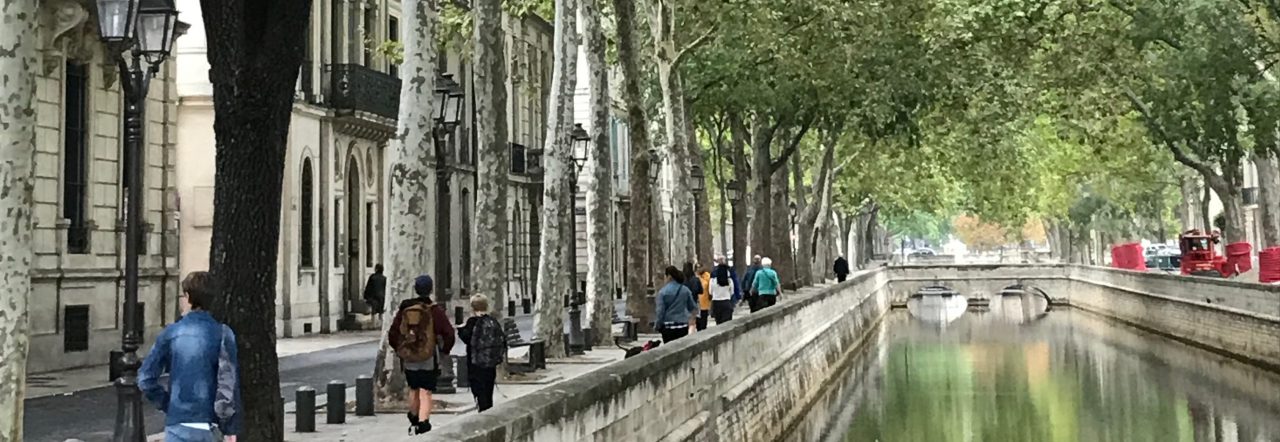I randomly picked this book up at the library when my daughter came to visit me in October, and I got hooked. Amazingly, I’d never heard of John Francis before, a guy who gave up all forms of gas-powered transport after witnessing the effects of an oil spill off the coast of California in 1971.
At first, I thought I would never get through the book. After all, how much is there to say about silence? But Francis leads the reader through this extraordinary journey-one where he appears to randomly give up speaking in celebration of his birthday, I mean what the hell, he’s out camping and hiking on his birthday, and he’s alone anyway. But his one day of silence ends up extending into 17 years. And, it really becomes a turning point in his life, his commitment to silence, that is. Of course it leads to a greater communion with God, or the universe, as one would expect, but it also inspires him to look more closely at the meaning of listening. And, he seems to come to a point where he can listen with detachment, that is, he is able to listen to the person speaking, without becoming engaged in his own response. His ability to listen appears to become wholly about listening, instead of the typical back-and-forth nature that two-way communication normally takes on. Think about that for a second.
I wonder if people who experienced his silence would confirm whether they felt more heard by him than by others? That would be interesting to find out.
One thing that Francis doesn’t explain is how he managed financially during his years of silence. He walked a lot and made his way slowly across North America. Along the way, he got an undergraduate and a graduate degree. No small feat. Seriously.
I think the most thought-provoking quote in the book, is the quote that Francis takes from Lynton K. Caldwell in G. Tyler Miller’s Living in the Environment: “The environmental crisis is an outward manifestation of a crisis of mind and spirit…the crisis is concerned with the kind of creatures we are and what we must become if we are to survive.” Yes. This rings true-at least for me. I believe that we must become more compassionate creatures if we are to survive.
This book is a definite read. It’s easy to follow and interesting. Francis has included, for those interested, a “Lesson in Silence” at the end of each chapter, where he asks the reader to try something a little different, in relation to silence. These are good exercises. And, I’m happy to say that Francis reminded me that I need to pay more attention to listening, instead of forming responses while the other person is still talking. We live in such a crazy hectic world that we often forget what it’s like to be in a conversation where each person is fully listening and not being distracted by anything. And, too often we forget that decisions that we make on a day-to-day basis, such a driving a vehicle, not only impact the environment but represent our non-commitment to resolving environmental issues. Yes, Francis has reinforced my decision to sell my car and to rely on public transport or my own two legs for mobility. Ok, maybe I’ll catch a ride with other people sometimes, too!
